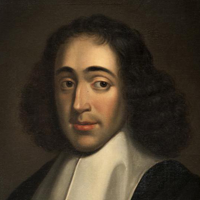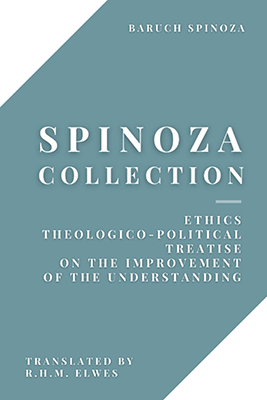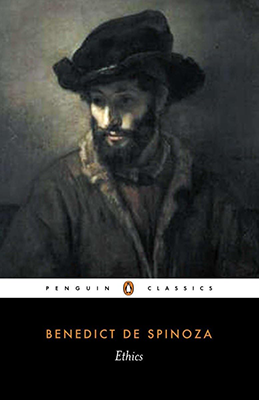
Baruch Spinoza
Baruch Spinoza was a Dutch philosopher of Portuguese Sephardic Jewish descent, born on November 24, 1632, in Amsterdam, Netherlands. He is considered one of the most significant figures of the early modern period and one of the great rationalists of Western philosophy.
Spinoza’s family immigrated to Amsterdam to escape the Portuguese Inquisition. He received a traditional Jewish education but was introduced to secular studies by Franciscus van den Enden, a Latin instructor and Cartesian philosopher. This exposure led Spinoza to question traditional religious beliefs and to develop a profound interest in philosophy.
In 1656, Spinoza was excommunicated from the Jewish community due to his unorthodox theological views, including his denial of the immortality of the soul and his rejection of the idea of a personal God. After his excommunication, he adopted the Latinized name Benedictus de Spinoza.
Spinoza’s major work, “Ethics,” was published posthumously in 1677. In it, he laid out his philosophical system, which is characterized by its rationalism, pantheism, and determinism. He argued for a metaphysical monism that identified God with nature, claiming that God is not a transcendent being but rather the immanent, deterministic substance of the universe.
Spinoza’s philosophy had a profound influence on subsequent thinkers, including Enlightenment figures such as Voltaire and Rousseau, as well as modern philosophers like Nietzsche and Deleuze. His ideas on freedom, ethics, and the nature of reality continue to be debated and studied by philosophers to this day. Spinoza died in 1677 at the age of 44, likely due to a lung illness exacerbated by his work as a lens grinder.


